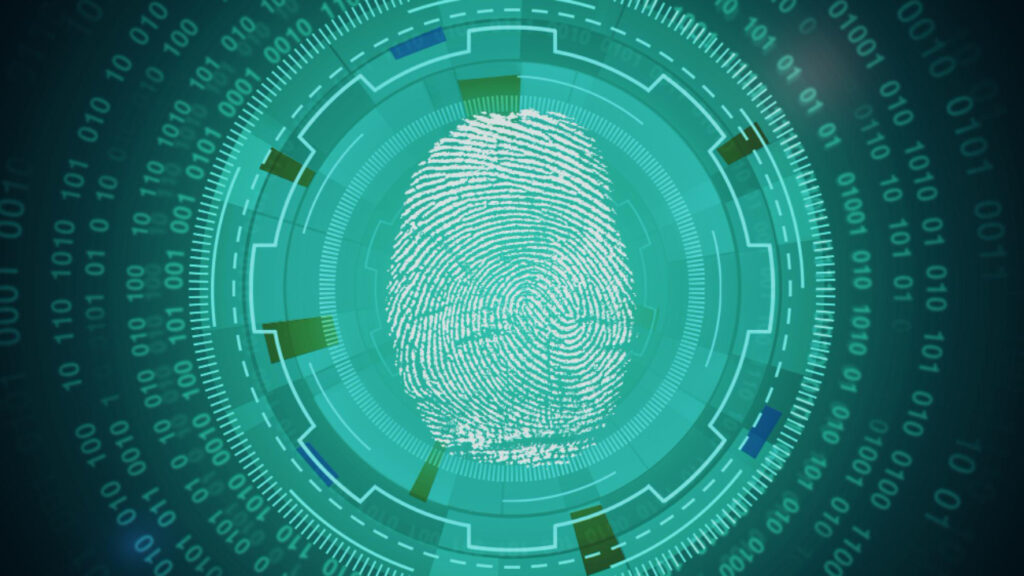We live in a globalized world where people and systems work from different countries stated by Bahaa Abdul Hadi. In such a scenario, identity management plays a crucial role. It is very important to ensure that a secure identity management solution is followed to prevent security risks. We look at cross-border identity management solutions that businesses can follow.
Cross-border identity management
People today work for multinational corporations from different countries. Contractors execute projects online from different countries. All this is possible due to the globalized. While this is beneficial, it has made cross-border identity management very important. Organizations need to manage the digital identities of freelancers, remote workers, and contractors who operate from different countries.
There can be no compromise here as the slightest lapse can lead to security breaches with serious consequences. It is important to understand the challenges involved in cross-border identity management.
- Identity management has to be followed in multiple countries. Compliance is a key issue here and is a challenge. Each country has different compliance norms. Clients may also insist on their own norms. Managing multiple compliances is a challenge. Compliance includes adherence to data privacy laws.
- Since many countries are involved, multiple systems could be involved. Interoperability or the ability of different systems to be interconnected is a challenge.
- Trust is a key issue and establishing trust in an online identity is a challenge to be addressed.
All these challenges must be overcome to create a system that is secure and also easy to use. Such a system will allow for seamless cross-border identity management. It would allow businesses to work with talent in other countries. It also facilitates effective data exchange with clients. This kind of a system ensures your customers can trust you.
The Model law
UNICATRAL or the United Nations Commission on International Trade Law has come to help of businesses that need to implement cross-border identity management. UNICATRAL has a model law on the use and recognition of identity management and trust services. The model law is helpful since it provides a framework that businesses can use. The framework covers areas like:
- Defines the scope and terms of identity management services.
- Spells out obligations of parties involved and liability rules.
- Enables cross-border recognition of trust services.
- Harmonizes various data privacy laws while creating the system.
This law can be used as the basis to create a system that manages cross-border identities. With increasing globalization, such a system is essential for businesses.
Thank you for your interest in Bahaa Abdul Hadi Blogs. For more information, please visit www.bahaaabdulhadi.com.







